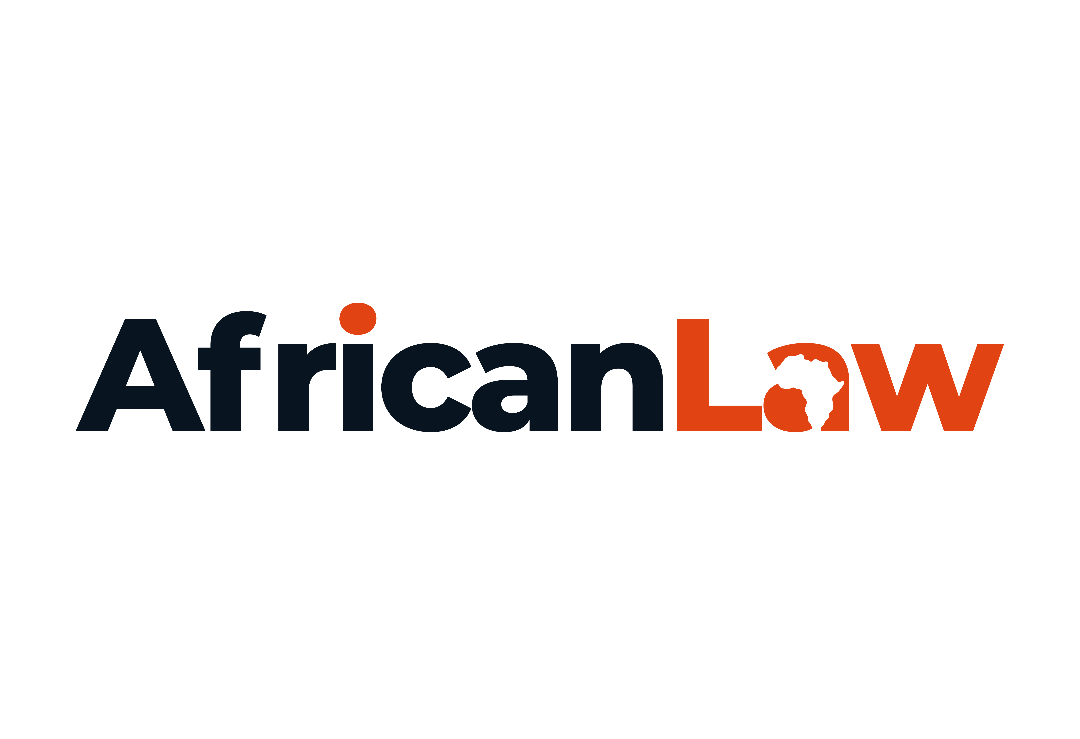As one of West Africa’s most dynamic economies, Ghana presents a wealth of opportunity for investment and innovation in agriculture, particularly agritech. With a GDP of approximately USD 42 billion and over 60% of its 24.2 million people depending on agriculture, the country has naturally positioned itself as a regional hub for agri-business transformation. This is bolstered by a solid land mass of 228,537 km² and Ghana’s strategic alignment with the African Continental Free Trade Area (AfCFTA).
The agritech space in Ghana is gaining significant momentum, with an estimated USD 900 million invested to date. For investors, startups, and policymakers navigating this promising terrain, understanding the legal framework is critical for success. In this brief article, we highlight some of the most relevant instruments.
Key Regulatory Instruments Governing Agriculture and Agritech in Ghana
Ghana follows a common law system, meaning that not all laws are codified. However, several statutory instruments directly govern agricultural and agritech activities. Below are the key legislative and institutional frameworks investors and innovators need to know:
1. Plant and Fertilizer Act, 2010 (Act 803)
This Act governs plant health, seed quality, and fertilizer regulation. This Act established the following institutions:
- Plant Protection and Regulatory Services Directorate (PPRSD)
- National Seed Council
The Act requires phytosanitary certification for plant imports and enforces strict standards for seed certification and fertilizer distribution. For agritech stakeholders working in seed innovation, smart farming, or agri-inputs, compliance with this Act is essential. The upcoming Plant Variety Protection regime will further strengthen this landscape.
2. Biosafety Act, 2011 (Act 831)
Focused on biotechnology, this law regulates the safe use of genetically modified organisms (GMOs) in agriculture. It established the National Biosafety Authority (NBA) to oversee GMO approvals and monitor their use in alignment with environmental and public health goals.
3. Grains Development Authority Act, 1970 (Act 324)
In addition to the authorities mentioned above, the GDA Act established the Grains Development Authority, which focuses on improving grain and legume production. The Authority is responsible for multiplying improved seeds, organising farmers into associations, and creating marketing facilities for these crops.
Together with the Ghana Standards Authority (GSA), which plays a crucial role in setting and enforcing standards for food and agricultural products, the GDA and GSA ensure consistent standards across the agri-value chain. These laws and institutions thus work together to promote sustainable agricultural practices and enhance productivity of agricultural products in Ghana.
4. Aflatoxin Control Regulations
To address the widespread impact of aflatoxins, Ghana introduced technical regulations aligned with Act 803. These regulations promote the production of aflatoxin-safe crops by improving access to certified seeds and technical support.
5. Ghana Agricultural Investment Plan (GhAIP) 2018–2021
Though not legislation, GhAIP is a strategic blueprint aimed at modernizing agriculture through innovation and sustainable land management. While progress reporting is limited, the plan highlights Ghana’s commitment to tech-driven agricultural transformation.
Where Policy Meets Practice - The Role of Ministry of Food and Agriculture (MOFA)
The Ministry of Food and Agriculture remains the central policymaker and driver of development projects across Ghana’s agri-sector. Through its support for technology integration and sustainability initiatives, MOFA plays a vital role in shaping an enabling legal and operational environment.
However, Ghana’s legal framework for agritech is still evolving. While significant strides have been made, there are still gaps, particularly around IP protection, plant variety rights, and regulatory clarity for emerging technologies.
Why Legal Guidance Matters
At AfricanLaw, we go beyond commentary, we provide actionable legal insight backed by deep regional expertise. Whether you are launching an agritech startup, seeking regulatory approvals, or protecting your agri-IP assets, we ensure you are aligned with Ghana’s legal requirements from day one.

















